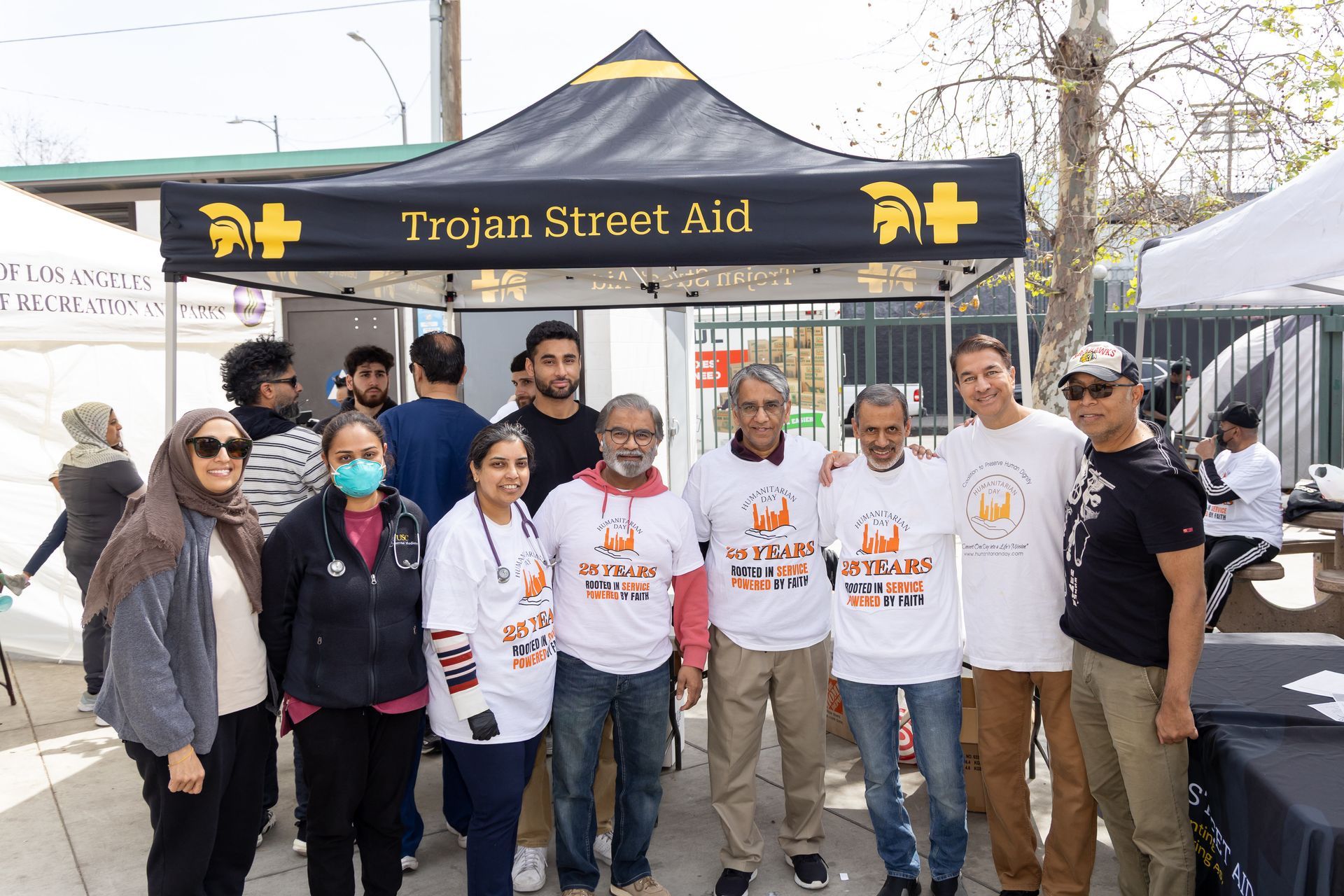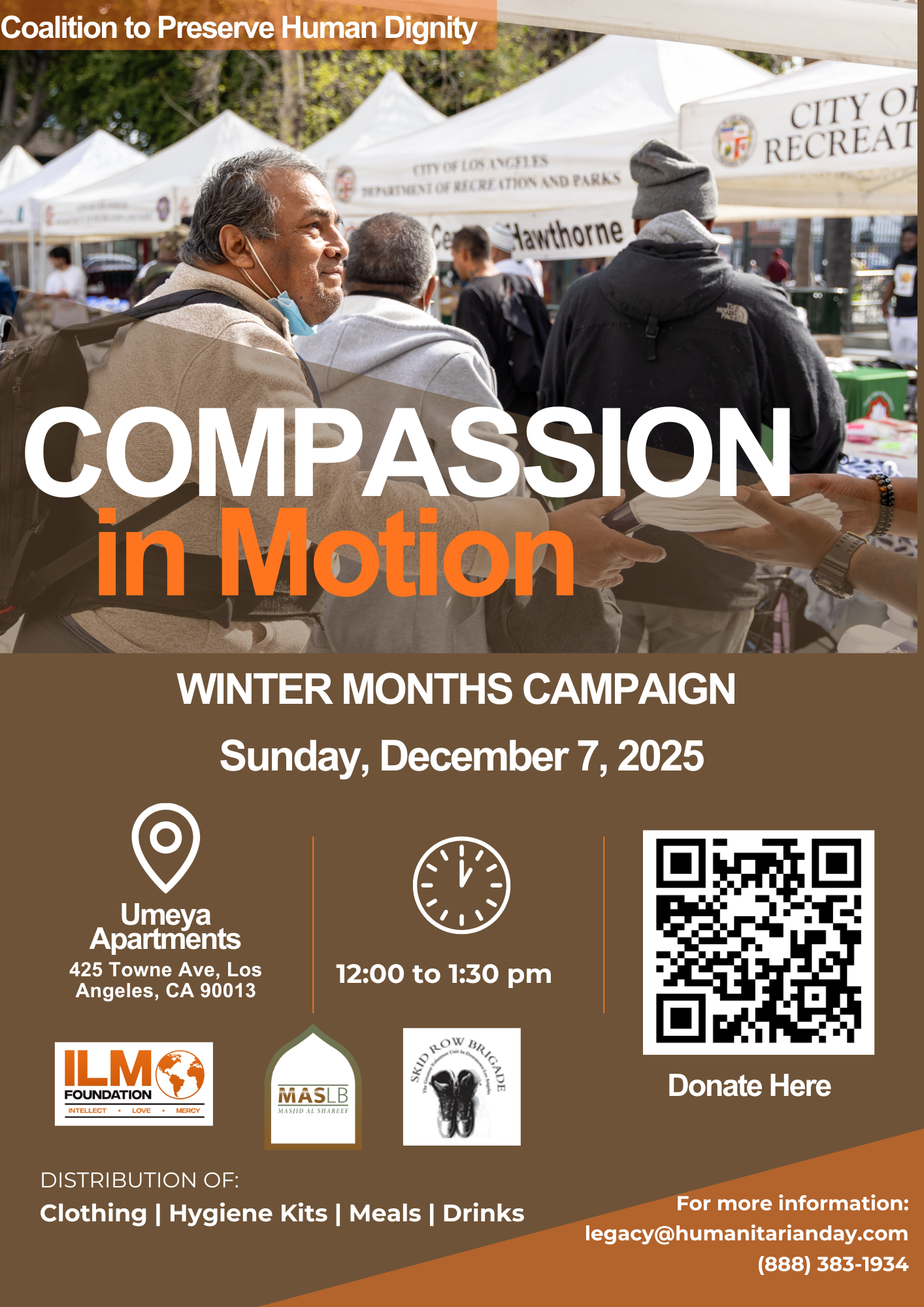The Essence of Economic Dignity
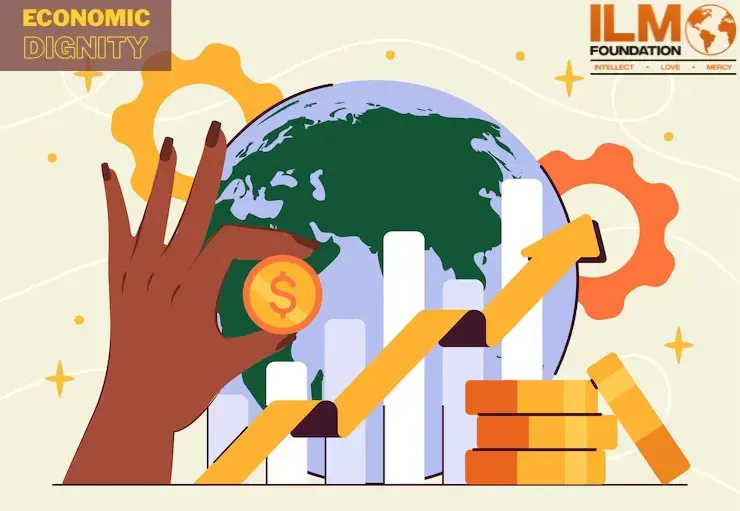
Economic dignity in Islam centers around the preservation of a person’s izzah (honor), karāmah (dignity), and ḥurriyyah (freedom) in their financial and social life. It ensures that every human being — regardless of race, class, or status — has the means, opportunity, and right to live with financial security and human dignity, free from exploitation, oppression, and humiliation.
Human Worth Origins
In Islam, every human being has intrinsic worth by virtue of being created by Allah (swt): “We have certainly honored the children of Adam…”(Surah Al-Isra, 17:70). The Qur’an does not define human value by wealth, social rank, or possessions. Rather, dignity (karāmah) is granted by Allah to all insān (humans).
Justice (‘Adl) and Economic Equity
The Islamic economic model is rooted in economic justice (ʿadl) and compassionate fairness (ihsān). Economic dignity means protecting individuals from poverty, exploitation, and systemic inequality.“…so that wealth does not circulate solely among the rich among you…” (Surah Al-Hashr, 59:7). This verse hints at a moral economy, where wealth should not be hoarded or monopolized. Zakat, waqf, sadaqah, and fair trade are all instruments to ensure wealth circulates to uplift society.
The Prophetic Model of Earing Through Dignified Labor:
The Prophet Muhammad ﷺ emphasized independence from begging and the virtue of earning through dignified labor:“It is better for any one of you to carry a bundle of firewood on his back and sell it, rather than to ask of someone whether he gives or refuses.” (Ṣaḥīḥ al-Bukhārī, 1471).
ZAKĀT: Institutionalizing Dignity through Redistribution
The institution of zakāt is not just charity — it’s a right (ḥaqq) of the poor: “And those in whose wealth there is a recognized right for the beggar and the deprived.” (Surah Al-Maʿārij, 70:24–25). Zakāt liberates the poor from systemic marginalization and gives them a means to live honorably. Islam institutionalizes dignity through economic justice mechanisms.
Prohibit Economic Oppression
Islam forbids all forms of economic injustice: riba (usury), gharar (excessive uncertainty), ghulūl (embezzlement), iḥtikār (hoarding), and ghabn (fraud). Why? Because these practices violate the dignity of human beings. “ O you who believe! Fear Allah and give up what remains due to you of interest…” (Surah Al-Baqarah, 2:278).
Economic Empowerment of Women
Islam granted economic rights to women over 1,400 years ago — property ownership, independent income, mahr, inheritance, and business dealings. This economic autonomy was a crucial dimension of their dignity and social empowerment. “To men belongs a share of what they have earned, and to women a share of what they have earned.”(Surah An-Nisāʾ, 4:32).
Work is Worship
In Islam, earning a ḥalāl rizq is ibādah (worship): ”No one ever ate a better meal than that which he earned with the work of his own hands. The Prophet of Allah, Dāwūd (David), used to eat from the earnings of his manual labor. (Ṣaḥīḥ al-Bukhārī). Working is not just economic—it is sacred. Dignity in labor is directly tied to spiritual elevation. While poverty and economic injustice can be a path to disbelief (kufr), as noted by the Prophet ﷺ: Poverty almost leads to disbelief.” (Bayhaqi).
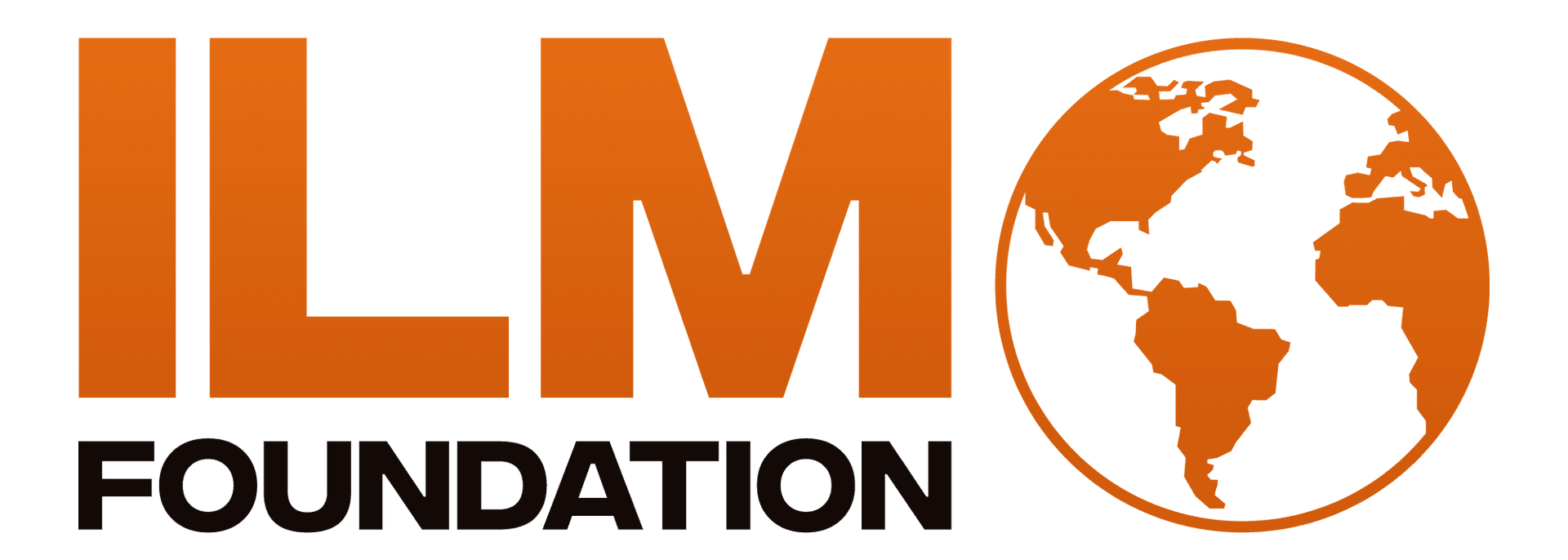
At ILM Foundation, we believe in nourishing bodies and minds. Together, we can create an interconnected community where everyone thrives!
 Donate
Donate
